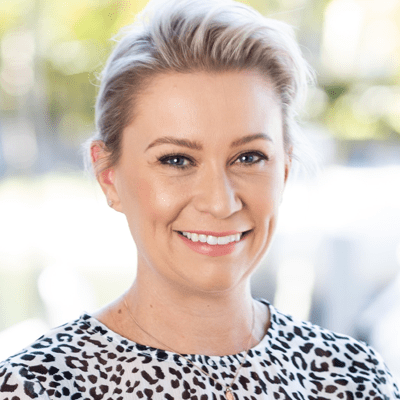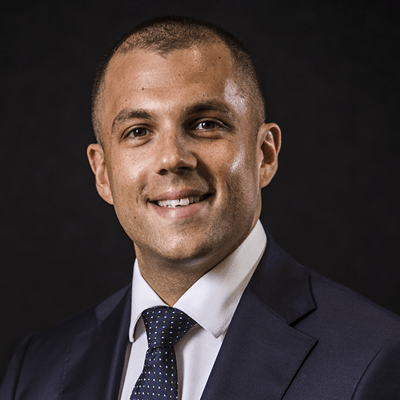That’s a big question and not one with an easy answer. Note though that a term deposit is a type of investment whilst super is an investment structure. Depending on your chosen super fund, you can hold a term deposit as an investment within your super fund.
Therefore, I have broken your question down into two parts. Firstly, whether to use super as your chosen investment structure and secondly, how should you invest your funds regardless of whether you are using super?
Whether to use super as your chosen investment structure?
Some of the considerations:-
- Access to funds – You have advised that you will soon have access to your super which I take to mean you are soon to meet a retirement condition of release. This being the case, access to funds should not be a consideration for you when it comes to which structure to use.
- Taxation – On investments held personally, you will pay tax on any income and capital gains your investments make based on your marginal tax rate (depending on your other income, this will be between 0% and up to 47% including Medicare Levy). Whilst returns on an identical investment in super could see you paying less tax (up to 15% in accumulation phase and 0% in pension phase).
Should you decide to make a contribution into super, depending on your marginal tax rate, it may be of benefit to claim some or all of the contribution (note there are contribution caps to be considered also) as a tax deduction. 15% tax will be deducted from the amount of the contribution you claim as a tax deduction but this may be a lot lower than the tax you pay at your marginal tax rate and thus could mean you would benefit from a tax saving. - Centrelink – If your date of birth is between 1 July 1955 and to 31 December 1956, then your age pension age is 66 years and 6 months. If you are considering a Centrelink benefit (JobSeeker) prior to turning age pension age, you may be much better off having some or all of the funds in super (accumulation phase) where they will not be assessed for either the assets or income test until you are age pension age.
- Contribution Caps and Total Super Balance– There are caps on how much you can contribute into super as well as limits on how much total super you can have. It is very important you seek financial advice before making any contributions into super.
How should you invest your funds regardless of whether you are using super?
Some of the considerations:-
- Investment time frame – Consider your capital needs. Do you need a large amount of money to fund an upcoming capital expense within the next say 5 years or is all of the money available to fund your retirement?
A short term investment time frame requires an investment that you can cash in easily with low volatility (ie your investment won’t have large gains or losses such as cash, term deposits and bonds).
With a long term investment time frame you can consider assets with higher volatility (ie shares and property). With this type of investment you may get greater returns over the longer term with time on your side to recover from any short term loss in value. - Risk tolerance – How willing are you to lose money for the potential of making money?
- Income / drawdown needs – How much do you need to receive from the investment per annum. This may be in the form of income only or depending on your needs you may need to draw a combination of income and capital to meet your ongoing expense requirements.
As you can see there really is a lot to consider and I strongly encourage you to seek financial advice before making any decisions.





















